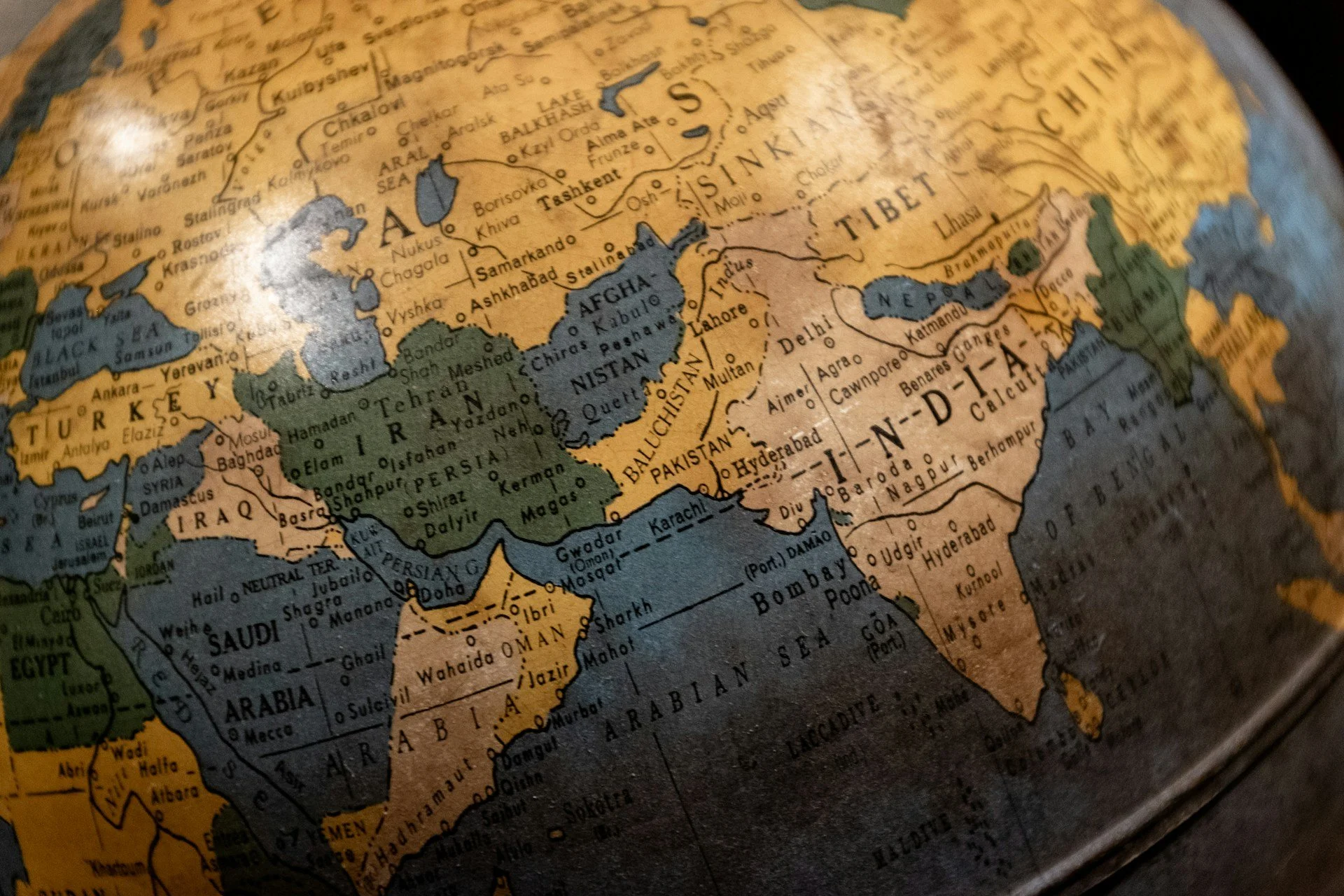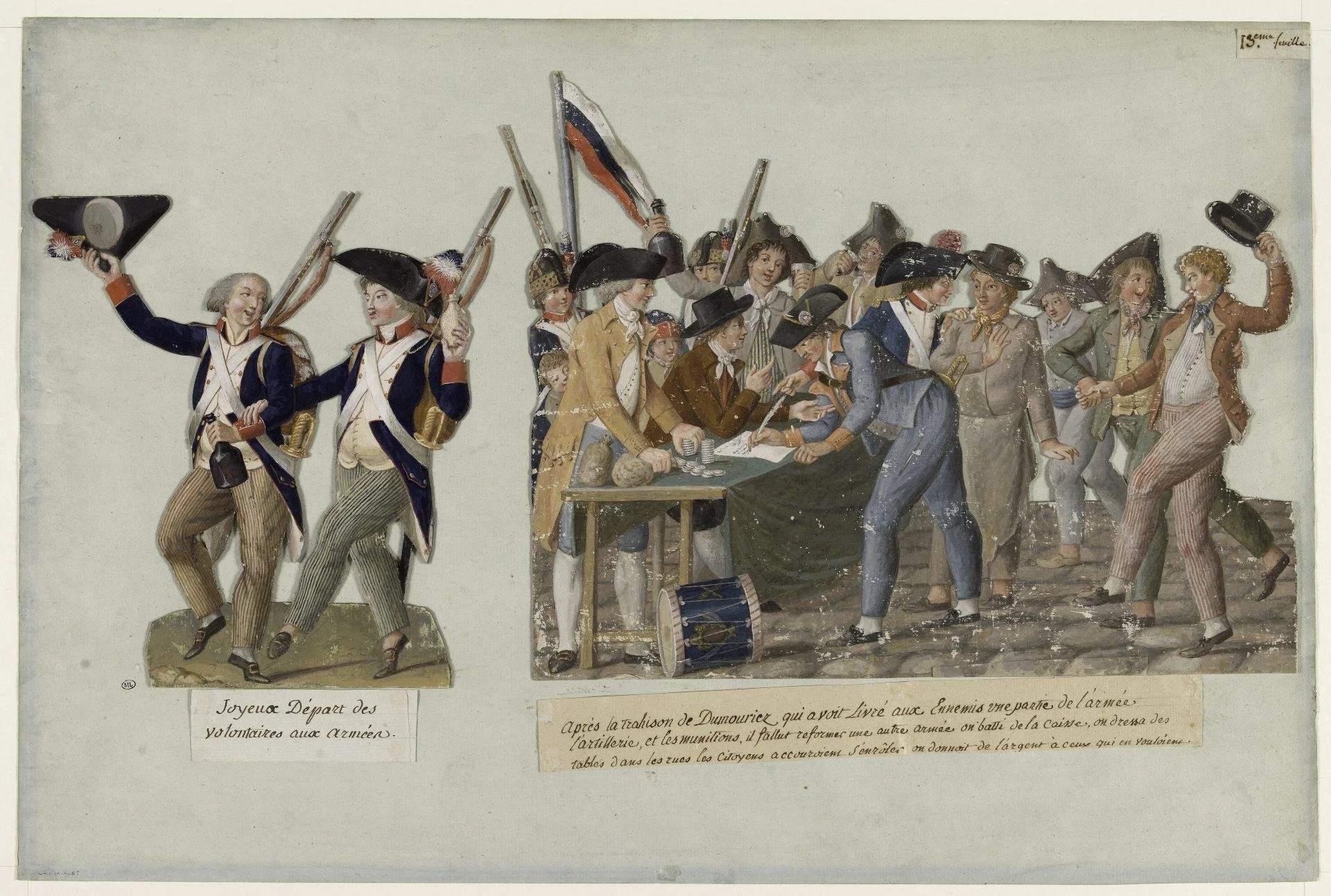This page contains all PILPG-written articles focused on justice for Ukraine and accountability for Russian crimes committed during the war of aggression.
Click on the title or image of the blog post of interest to access it.
The United States’ Proposal on Prosecuting Russians for the Crime of Aggression Against Ukraine is a Step in the Right Direction
written by Dr. Yvonne Dutton, Michael Scharf, Professor Milena Sterio, and Dr. Paul R. Williams and published by Just Security.
This article examines the significance of the recent U.S. proposal to create an internationalized-domestic tribunal to prosecute Russia for the crime of aggression in Ukraine and offers the legal basis for the legitimacy of such a court.
High War Crimes Court of Ukraine for Atrocity Crimes in Ukraine
written by Dr. Yvonne Dutton, Michael Scharf, Professor Milena Sterio, and Dr. Paul R. Williams and published by OpinioJuris.
This blog post discusses a proposal for the establishment of a High War Crimes Court in Ukraine. To facilitate fair and effective accountability for the atrocity crimes committed in Ukraine, PILPG, together with Weil, Gotshal & Manges LLP and jurists and legal experts from Ukraine, prepared draft legislation for a High War Crimes Court for Ukraine to prosecute atrocity crimes. Drawn from the Law on the High Anti-Corruption Court of Ukraine of 2019 and best practices of internationalized domestic war crimes courts around the globe, this draft Law provides the template for a Ukrainian High War Crimes Court to prosecute atrocity crimes committed in Ukraine since November 2013. Click here to access the full Draft Law.
The War in Ukraine and the Legitimacy of the International Criminal Court
written by Dr. Yvonne Dutton and Professor Milena Sterio and published by Just Security.
All other blog posts on Ukraine can be found in the Ukraine Series of our Lawyering Justice Blog.


















